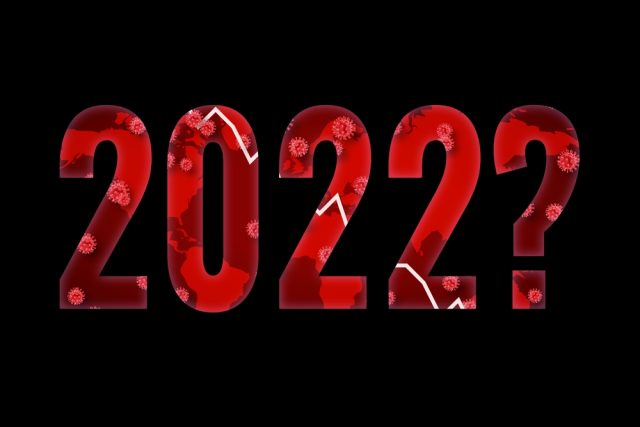#economy #recession #GDP #NBER
“A variety of economic theories have been developed to explain how and why recessions occur”–Paul Ebeling
A recession is a macroeconomic term that refers to a significant decline in general economic activity in a designated region. It had been typically recognized as 2 Qs running of economic decline, as reflected by GDP in conjunction with monthly indicators such as a rise in unemployment.
But…
My work says “an official recession call isn’t coming anytime soon”
To be sure, recent data on economic output does indicate a loss of momentum.
And the absence of a formal recession call does not mean an absence of increased pressures for consumers and businesses, particularly as inflation erodes purchasing power.
“First, there is a clear loss of momentum in the economy,” BofA wrote. “Second, the consumer continues to rebalance spending on goods and services. Third, there remains tension in the data.”
Tension that is captured by the continued surge in inflation and a continued rise in overall employment.
Policymakers and White House officials ranging from Fed Chairman Powell to Mr. Biden’s economic advisor Jared Bernstein and Treasury Secretary Janet Yellen affirmed a view this wk that the economy is not in recession, with these arguments hinging on the strength of the labor market.
Citing the 2.7-M jobs created in 1-H of the yr and a 3.6% unemployment rate, Mr. Powell told reporters Wednesday: “It doesn’t make sense that the economy would be in recession with this kind of thing happening. So, I don’t think the US economy’s in recession right now.”
The economy is cooling’
The Big Q arises: What drove the economy into 2-straight Qs of negative growth?
The Big A: The primary culprits weighing on GDP were a buildup of inventories, which subtract from the GDP calculation, a rise in exports as USD strengthened, and a slowdown in the housing markets.
“The 2Q decline was mainly driven by a [2 percentage point] drag from inventories and a [0.7%] drag from residential investment as surging mortgage rates and home prices weighed on housing demand,” Bank of America wrote. “A surge in exports, owing partially to a reopening-related increase in travel and education, and decent consumer spending were only able to partially offset these drags.”
The reaction we have seen from financial markets in recent days suggests investors see 2 possible futures for the US economy and 1 likely path for monetary policy. Either a yet-to-be-officially-called recession will push the Fed to slow and then reverse interest rate hikes, or cooling inflation will lead to the same outcome for the Fed.
And while a recession call may not be currently warranted, many on Wall Street increasingly see a recession as likely in the coming Quarters.
“Even if skeptics can be convinced that in this particular instance, back-to-back quarters of negative GDP growth does not constitute a recession, it is undeniable that the economy is cooling,” economists at Wells Fargo led said Thursday. “Based on the available data, we believe broad activity is not yet consistent with a contraction that is typically thought of as recession. We expect tight monetary policy alongside still-high inflation to tip the US economy into a mild recession by Q1-2023.”
A tip of my hat to sovereign individuals with satoshis and Bitcoin in cold storage with our firm. Click here
Have a prosperous weekend, Keep the Faith!









